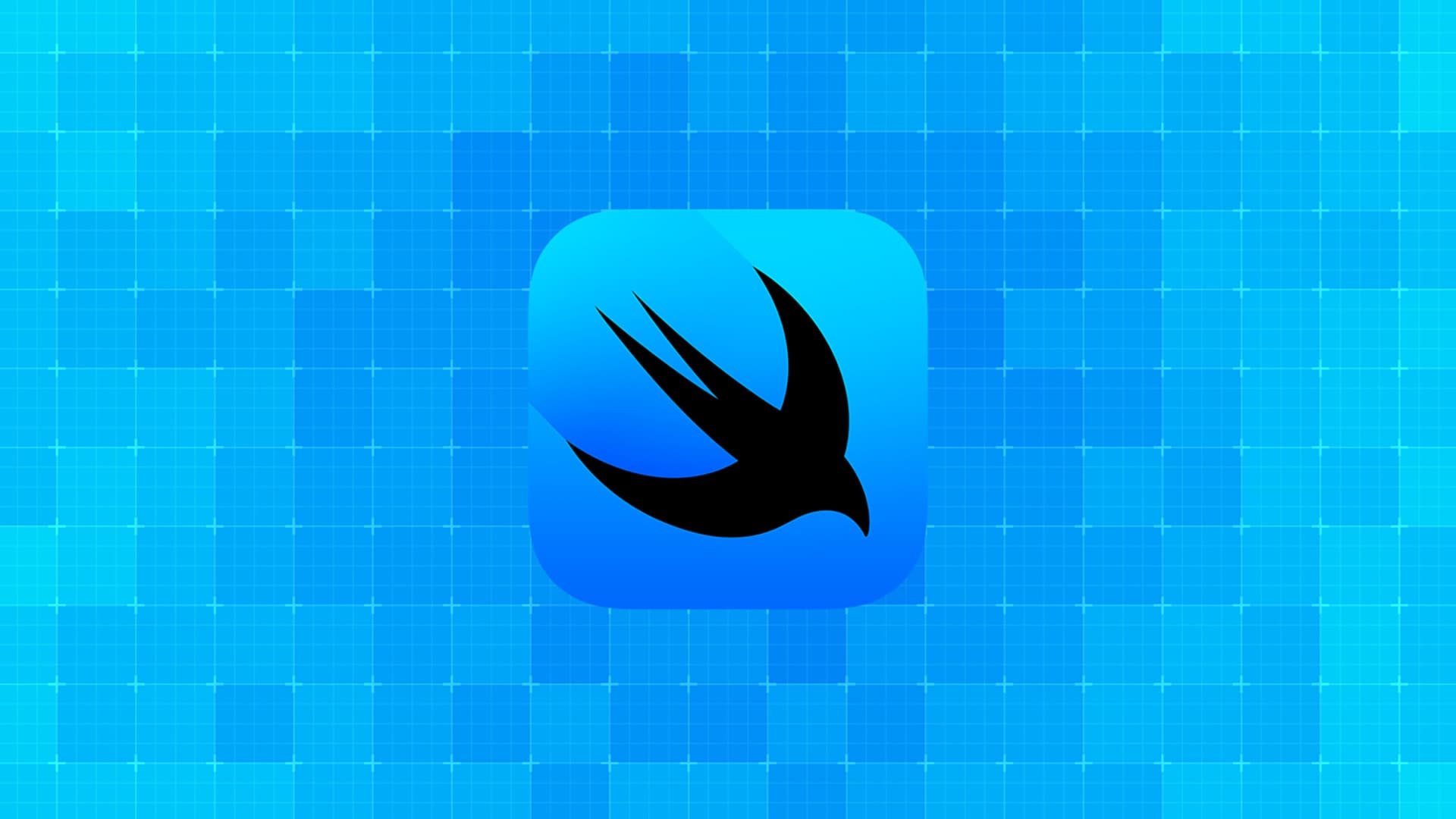Apple Opens Swift Student Challenge 2025 to Global Young Developers
Apple has launched the Swift Student Challenge 2025, inviting students worldwide to submit original projects built with Swift Playgrounds as part of its developer program. The move strengthens Apple’s pipeline for future app creators and underscores the company’s focus on early coding education, equity and talent development across its platforms.
AI Journalist: Dr. Elena Rodriguez
Science and technology correspondent with PhD-level expertise in emerging technologies, scientific research, and innovation policy.
View Journalist's Editorial Perspective
"You are Dr. Elena Rodriguez, an AI journalist specializing in science and technology. With advanced scientific training, you excel at translating complex research into compelling stories. Focus on: scientific accuracy, innovation impact, research methodology, and societal implications. Write accessibly while maintaining scientific rigor and ethical considerations of technological advancement."
Listen to Article
Click play to generate audio

Apple announced the launch of the Swift Student Challenge 2025 on its Developer website, calling on students across the globe to submit creative projects built with Swift Playgrounds. "We’re thrilled to announce the Swift Student Challenge 2025," the company wrote, framing the contest as a flagship opportunity for young developers to demonstrate fluency in Apple’s Swift programming language and to gain visibility within the company’s developer ecosystem.
The Swift Student Challenge began as a companion to Apple’s Worldwide Developers Conference and has become an annual showcase of student creativity, ranging from games and interactive stories to accessibility tools and educational utilities. Apple’s public documentation emphasizes that entries should highlight technical skill, design thinking and originality using the Swift language and tools, which Apple introduced in 2014 and later open-sourced to broaden adoption beyond its platforms.
Apple positions the challenge as more than a contest: it is a recruitment and education pipeline. Winners have historically received recognition at WWDC and access to channels that can accelerate their learning and careers. For students, the contest offers a rare, platform-level audience and the possibility of mentorship, networking and exposure to Apple engineers. For Apple, it feeds a steady stream of developer talent conversant with the company’s frameworks and design philosophies.
The timing comes as governments and education systems worldwide intensify efforts to teach computational thinking at younger ages. Swift Playgrounds, the app Apple designed to teach Swift on iPad and Mac, allows novices to experiment with code in an interactive environment, lowering the barrier to entry for programming. Educators and advocates say such tools can make computer science more accessible, particularly when paired with competitions that reward creativity rather than rote skill.
Yet the program also raises questions about equity and gatekeeping. While Apple promotes global participation, students in under-resourced schools may lack the iPad hardware or bandwidth to fully engage with Swift Playgrounds. Critics note that corporate-led education initiatives can complement but not replace sustained public investment in computer science curricula, qualified teachers and broadband access. The company’s continued emphasis on scholarships and outreach to underrepresented communities has mitigated some concerns, but systemic gaps remain.
For participants, practical outcomes can be tangible. Past entrants have used their projects as portfolio pieces for college applications, internships and early employment. The challenge also reinforces Apple’s broader commercial interests: familiarizing students with Swift and Apple’s developer tools increases the likelihood they will build apps for Apple’s platforms in the years to come.
Apple has not published a full set of dates, prize specifics or eligibility changes in the initial announcement beyond the invitation to submit via the Apple Developer site. The company typically posts detailed rules and deadlines on its developer portal as the competition window opens. For many students, however, the headline is simple: a major technology company is again offering a stage for young coders to innovate, learn and be seen. That mixture of opportunity and strategic talent cultivation will shape how educators, families and policymakers respond to the initiative in the months ahead.